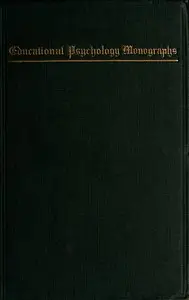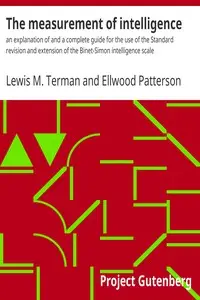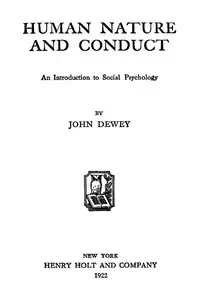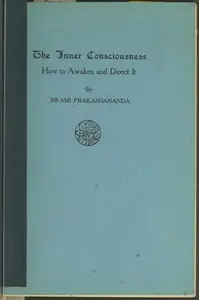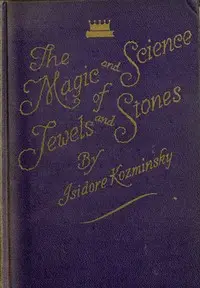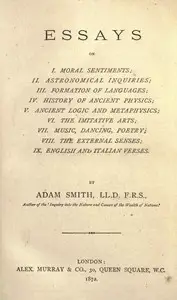"Condensed Guide for the Stanford Revision of the Binet-Simon Intelligence Tests" by Lewis M. Terman is a manual designed to aid professionals in administering intelligence tests. It focuses on how to effectively and correctly perform the Stanford Revision of the Binet-Simon intelligence tests. It stresses knowing the original testing methods and psychology behind them. It gives step-by-step instructions for each test, offering advice on how to best conduct the examination. The book also makes sure to mention the mistakes to avoid, while providing key commands for the tests. It is most useful as a companion for trained examiners, assisting their work, while keeping testing accurate.

Condensed guide for the Stanford revision of the Binet-Simon intelligence tests
By Lewis M. (Lewis Madison) Terman
Unlock the secrets to accurate intelligence testing with this essential guide, designed to refine examination techniques and avoid common pitfalls.
Summary
About the AuthorLewis Madison Terman was an American psychologist, academic, and proponent of eugenics. He was noted as a pioneer in educational psychology in the early 20th century at the Stanford School of Education. Terman is best known for his revision of the Stanford–Binet Intelligence Scales and for initiating the longitudinal study of children with high IQs called the Genetic Studies of Genius. As a prominent eugenicist, he was a member of the Human Betterment Foundation, the American Eugenics Society, and the Eugenics Research Association. He also served as president of the American Psychological Association. A Review of General Psychology survey, published in 2002, ranked Terman as the 72nd most cited psychologist of the 20th century, in a tie with G. Stanley Hall.
Lewis Madison Terman was an American psychologist, academic, and proponent of eugenics. He was noted as a pioneer in educational psychology in the early 20th century at the Stanford School of Education. Terman is best known for his revision of the Stanford–Binet Intelligence Scales and for initiating the longitudinal study of children with high IQs called the Genetic Studies of Genius. As a prominent eugenicist, he was a member of the Human Betterment Foundation, the American Eugenics Society, and the Eugenics Research Association. He also served as president of the American Psychological Association. A Review of General Psychology survey, published in 2002, ranked Terman as the 72nd most cited psychologist of the 20th century, in a tie with G. Stanley Hall.

